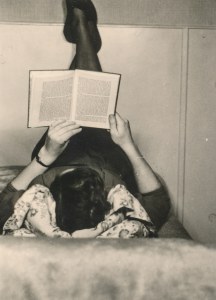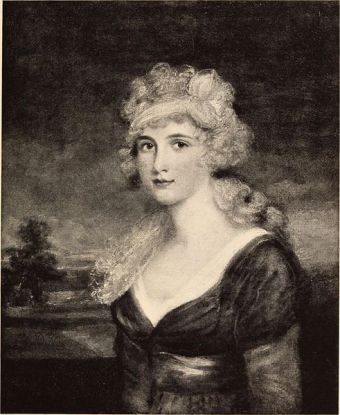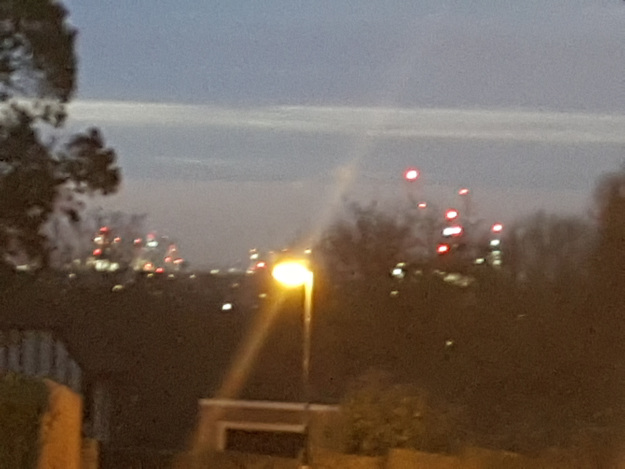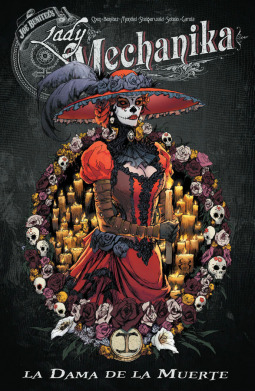International Women’s Day aims to flaunt the riches that have been mined by decades of hard work by women. Some names roll off the tongue, while others – not so much. Some women, while undeniably talented, have faded away into obscurity. Their heart-breaking stories have been tied to and scrubbed from history just as quickly as they could place pen to paper.
Why?
According to Adele Patrick of the Glasgow Women’s Library, it is a variety of factors as to why women in particular struggle to become known.
“In the past, women have not had the same opportunities to be published for a host of reasons – economic, domestic and plain old sexism: that women’s writing is ‘feminine’, ‘flowery’ is still a same old mantra touted by some in the industry.”
English professor at the University of New Orleans and critic, Anne Boyd Rioux agrees.
She said, “Many, many women writers have been lost because of the backlash against everything feminine that happened at the turn of the twentieth century. Women had made great strides as writers, to the extent that many male writers felt as if it was somehow feminine to be a writer at all.”
There is a nauseating waft of stigma that prevents many to have the confidence to put their work out into the outside world. With the spotlight wrongly removed from women’s literature, how do we go about restoring access to their works? From both sides of the Atlantic, there is hope.
Anne Boyd Rioux has been highlighting works of women writers via her newsletter, The Bluestocking Bulletin for just over a year. “Bluestocking” was a nickname in the 18th century eventually given to women that sought to venture away from feminine pastimes and who pursued an education. Each month she spotlights one woman writer that for one reason or another, failed to receive the attention their work merited.
 Picture from SimpleInsomnia
Picture from SimpleInsomnia
The importance of searching for these hidden authors stemmed from a desire in college to see more female authors represented in literature.
“The recovery of forgotten women writers has always been really important to me because as a woman reader and someone who was looking for role models, it was really hard to find them when I was in college,” Rioux told me. “So when I went to graduate school I started looking for them and found out that feminist scholars had been working on rediscovering some that were among the most popular women writers of their day.”
Through this re-discovery we can read about the life and works of Henrietta Vaughan Palmer, a woman who wrote about military novels using “John Strange Winter” as a pen-name; until Mr Winter had been outed as a woman when “he” gave birth to twins. Or read about Ada Leverson a writer that wrote anonymously but whose publisher said was “the woman to whom Oscar Wilde was so greatly indebted.”
Closer to our shores there is Persephone Books, a London based publisher that re-prints little known books – mostly written by women. The Feminist Library – also in London – and the Glasgow Women’s Library aim to enlighten readers to a cornucopia of reference works, journals and magazines that capture a range of women’s voices and stories that are still relevant to today.
With this broad range of ways of uncovering a potentially favourite author and voice that would otherwise be muted, the work has been mostly done for us. In honour of International Women’s Day, curl up in a corner and discover something new.
Advertisements Share this:





